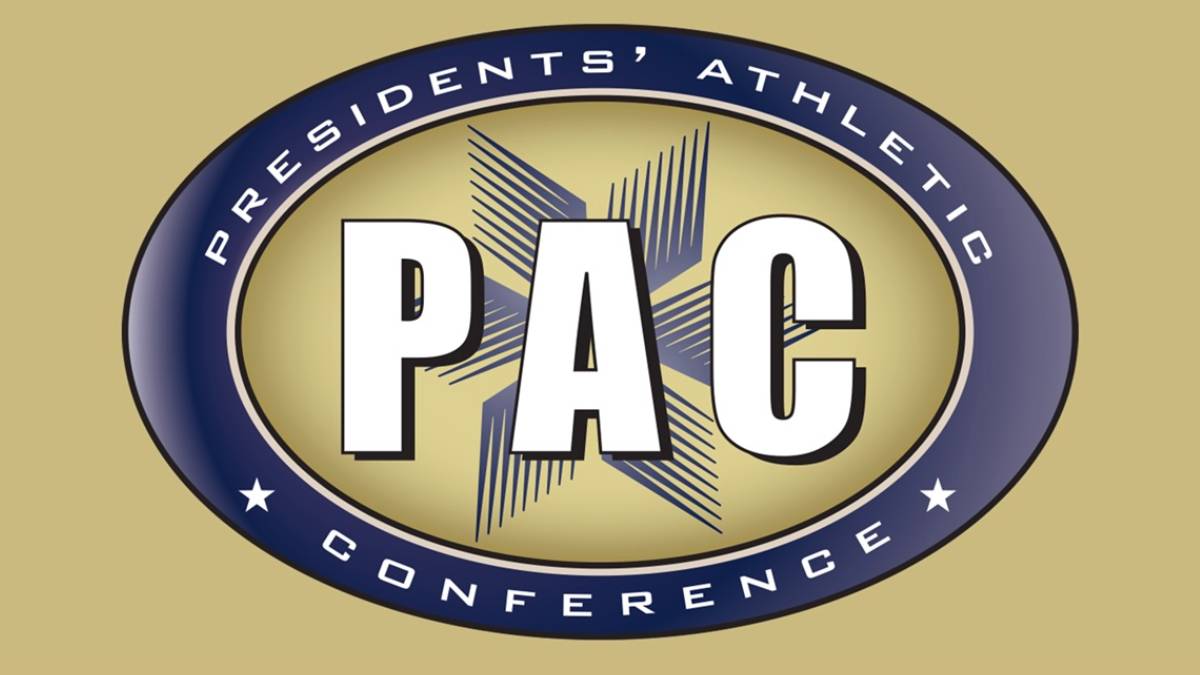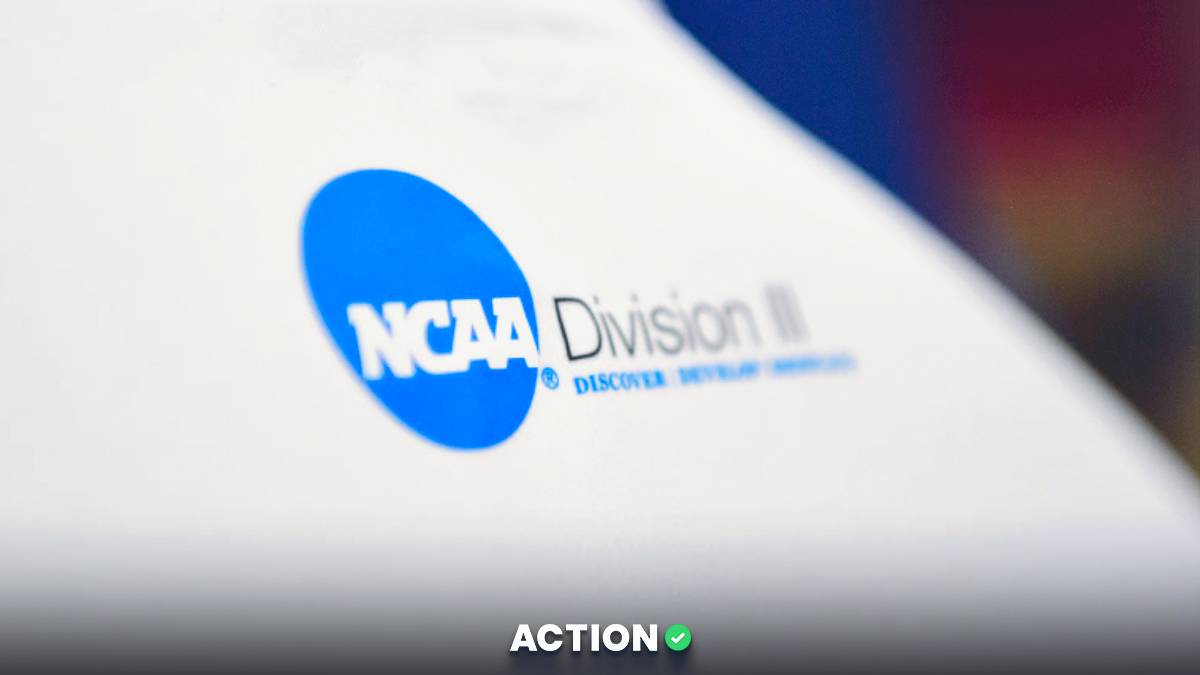Amid a debate about betting on college sports in the US, the Presidents’ Athletic Conference (PAC) of the NCAA has decided to take its efforts to educate people about gambling to the next level.
PAC is now the first NCAA Division III conference to partner with EPIC Global Solutions, a problem gambling consultancy firm, to raise awareness about this issue.
It shared the announcement on its X account: https://twitter.com/epicpgc/status/1877734751773024615
The post said that EPIC will “help staff to identify the potential risks posed to student-athletes by the continued growth of all forms of gambling.”
Recognizing the Risks of Gambling Among College Athletes
The conference will use an educational program from EPIC to help staff and student-athletes recognize the potential risks of gambling, especially now that the industry is rapidly growing in the US.
“Since sports betting became legal and so accessible online, the PAC and administrators in our conference have been searching for a way to educate our student-athletes and staff about the potential dangers of online gambling,” PAC Commissioner Joe Onderko said in a statement.

“This partnership with EPIC Global Solutions will help provide our conference schools with the tools to help our athletes be better informed about possible issues that can be brought on by online gambling,” he added.
This initiative aims to raise awareness and provide actionable solutions to safeguard student-athletes. This goes beyond talking to them about responsible gambling.
How The Program Combats Gambling Risks
EPIC will help tackle problem gambling among college athletes by connecting with athletic directors and key staff from all PAC member schools during their annual conference.
Over a six-month period, EPIC will use its consultants, many of whom are former NCAA athletes who have faced gambling addiction, to highlight the increased risk of gambling-related harm that athletes encounter. These consultants will share their personal experiences, offering relatable insights into the dangers of gambling.
In their joint efforts, EPIC and PAC colleges will collaborate to identify what support is necessary for institutions and their athletes to combat gambling's impact. EPIC Solutions plans to produce a gambling readiness guide to enlighten all PAC members on legalized sports betting and alert them to areas posing significant risks to college sports.
What Schools Are in the Presidents’ Athletic Conference?
There are currently 13 schools participating in the Presidents’ Athletic Conference. They’re located in Ohio, West Virginia, and Pennsylvania.

The schools currently in the PAC include:
- Allegheny College
- Bethany College
- Case Western Reserve University
- Chatham University
- Franciscan University
- Geneva College
- Grove City College
- Hiram College
- Saint Vincent College
- Thiel College
- Washington & Jefferson College
- Waynesburg University
- Westminster College
The PAC was founded in 1955 by the presidents of Western Reserve University. Some former PAC member institutions are Carnegie Mellon University (1968–1990) and Eastern Michigan University (1962–1967).
Part of Bigger Effort Surrounding Gambling and College Athletes
This is all part of a nationwide push to educate athletes about the dangers of gambling, both on and off the field or court.
Ohioans are prohibited from placing prop bets on college athletes. Prop bets are wagers on specific aspects of a game that don't influence the final score, such as an individual player's performance.
This decision was enacted by the Ohio Casino Control Commission following reports of harassment directed at student-athletes from Ohio universities.
NCAA President Charlie Baker has also called on other states to limit betting on college athletes.
The Wyoming Gaming Commission recently updated its rules for harassing a college athlete. The commission can now ban anyone who harasses athletes from sports betting.
EPIC is now in its third year of a program designed to educate student-athletes and staff in person about the potential risks associated with gambling.










